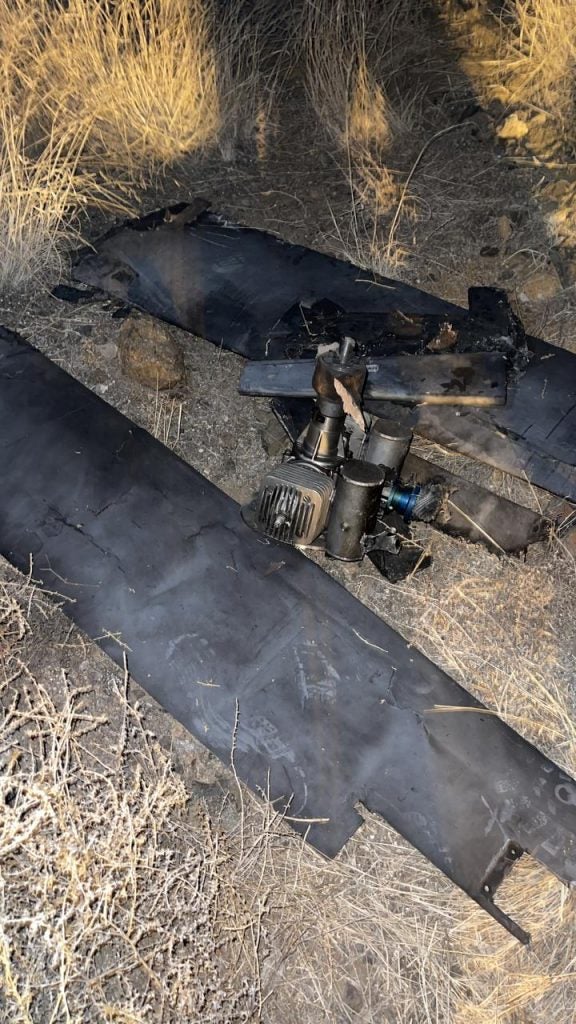Saudi Arabia: Houthi Drone Attacks “Rejection” Of Ceasefire Proposal
The official spokesman of the Saudi Arabian Ministry of Defense, Brigadier General Turki Al-Malki, has described a series of drone attacks by Yemen’s Houthis on Saudi Arabia on the night of 25 March as a “rejection” of a ceasefire initiative proposed by Saudi Arabia.
Saudi Arabia’s energy ministry reports that a Saudi Aramco petroleum product distribution terminal in Jazan was attacked on Thursday night by a “projectile” that started a fire in one of the terminal’s oil tanks. There were no casualties. Seven bomb-laden drones were claimed to have been shot down by the Royal Saudi Air Force, although the Houthis claimed that they succeeded, as is the norm for them. The Ministry of Defense also said that three ballistic missiles were launched, although one fell short in Yemen, and the remaining two impacted uninhabited areas. The attacks were described by the Ministry to have reaffirmed “Iran’s control over the militia’s political and military decisions, through which it achieves its vandalistic agenda to spread chaos and undermine regional and international security”.
The attacks come days after Saudi Arabia publicized a new ceasefire proposal for the Yemeni Civil War, ahead of the sixth anniversary of the Saudi-led coalition’s intervention against the coup by the Iran-supplied movement. The proposal features two new concessions to the Houthis, the reopening of Sanaa International Airport, closed since 2015; and sharing of revenue from the Port of Hodeidah between the Houthis and Yemen’s internationally recognized government to fund civil servant salaries and other programs.
Given that the US’ special envoy to Yemen, Tim Lenderking, had returned from a visit to Yemen two weeks ago saying that the Houthis were more interested in their offensive on Marib instead of a humanitarian ceasefire, it is not entirely surprising that the Houthis would choose to continue to press the attack even when a ceasefire was offered. Regardless, United Nations Special Envoy to Yemen, Martin Griffith met with Houthi spokesperson Mohamed Abdulsalah in Oman’s capital Muscat today. According to the announcement by the special envoy’s office, the meeting agenda included discussions on the “urgency to agree on opening Sana’a airport & easing restrictions on Hudaydah ports, entering a nationwide ceasefire & resuming the political dialogue under a UN framework to pave the way for sustainable peace.”
Top-down ceasefire initiatives in Yemen have come under criticism for their focus on securing some sort of political solution, at the expense of justice for Yemen’s populace. While touted as a hope for peace by Western governments and aid groups, they ignore the realities on the ground, in particular the Houthis’ desire for a theocratic rule with themselves as the ruling class. As long as there is a refusal to confront this reality, it is claimed, the cycle of failed ceasefire offers and other negotiations will continue.

